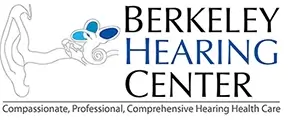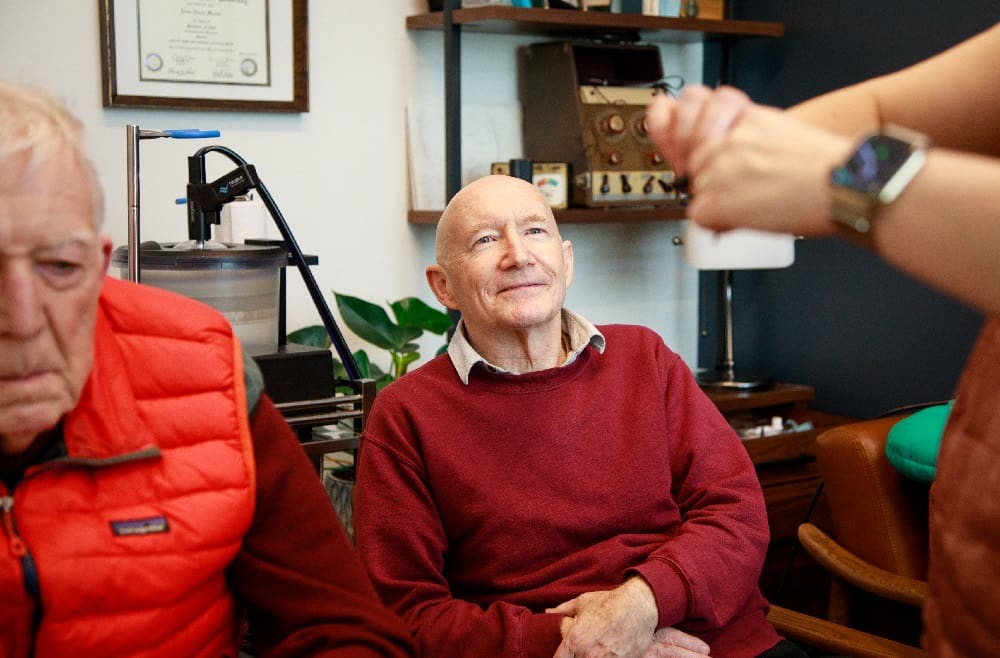2020-12-06
Jonathan Lipschutz Audiologist, M.S., F-AAA, Co-Owner
Of all the different healthcare fields or disciplines, Audiology may be one of the least understood and most underappreciated. The “Rodney Dangerfield” of Medicine, if you will.
Audiology is the branch of science/medicine that specifically studies hearing (& balance), treating those with hearing loss and (proactively) preventing related damage. It is a fairly young profession relative to other healthcare fields, beginning in earnest only in the mid-to-late 1940’s. The field of Audiology, as we know it, effectively began shortly after WWII driven by the prevalence of hearing loss observed in veterans returning from the war.
Now Audiologists should not be confused with hearing aid dispensers (HAD). Though there is a small amount of overlap (some, but certainly not all, Audiologists dispense or ‘sell’ hearing aids), that is where the similarity ends. There are significant differences in education, training and scope of practice. While the minimum educational/training requirement to become a HAD in California is a high school diploma (or equivalent) with no specific training requirements, Audiologists must complete a post-baccalaureate multi-year Doctoral program, complete 300 hours of supervised clinical practicum in three different clinical settings and complete a final year externship under the direction of their Doctoral program
In terms of scope of practice, the differences are equally as stark. For instance, HADs cannot perform diagnostic hearing evaluations, only test hearing for the purpose of fitting a hearing aid. It is illegal for them to perform cerumen (ear wax) management, cleaning the external auditory canal. Audiology’s scope entails both, along with auditory rehabilitation, intraoperative neurophysiologic monitoring, design & implementation of industrial/community hearing conservation programs, educational audiology, cochlear implant ‘mapping’/programming, assessment/treatment of balance disorders.
A bit of difference, yes?
And yet I’m rarely surprised by the dearth of quality information many of my patients have received from a friend, loved one or even a healthcare provider. Sadly, many primary care providers or PCPs don’t seem to have a strong understanding of Audiology or hearing loss--it’s prevalence, connection to overall health (particularly cognitive) and benefits of early, consistent & ongoing care by a professional. Frighteningly, I’ve even had patients tell me an ENT (ear, nose & throat) physician said something to the effect of “It doesn’t matter where you go to get hearing aids”. As you can see from the above education & training requirements, nothing could be further from the truth. I’d actually go so far as to say that it almost doesn’t matter what (major manufacturer’s) hearing aids you get. But it’s critical to go to the best Audiologist you can find.
It’s critical because when you’re “purchasing hearing aids”, you’re really purchasing hearing healthcare. Hearing aids are certainly an important component of hearing healthcare, though not its totality. They are incredibly sophisticated medical prosthetics. They are also ‘blank slates’.
What your caregiver is able to make those ‘tools’ do specifically for you, how well they counsel/instruct/educate you to maximize their benefit, their knowledge/experience/expertise, their availability when something isn’t right, that’s what good hearing healthcare looks like and what matters most. That’s what you are really paying for, and you really do get what you pay for.
If you ‘cheap out’ on hearing aids, expect to get cheap hearing healthcare results. I don’t know about you, but when it comes to my healthcare, the last thing I want to be is ‘penny wise and pound foolish’. The choice is yours. Choose wisely.
https://berkeleyhearing.com/wp-content/uploads/2020/12/Discover-the-True-Value-of-Expert-Audiology-Care.jpg
Jonathan Lipschutz Audiologist, M.S., F-AAA, Co-Owner






